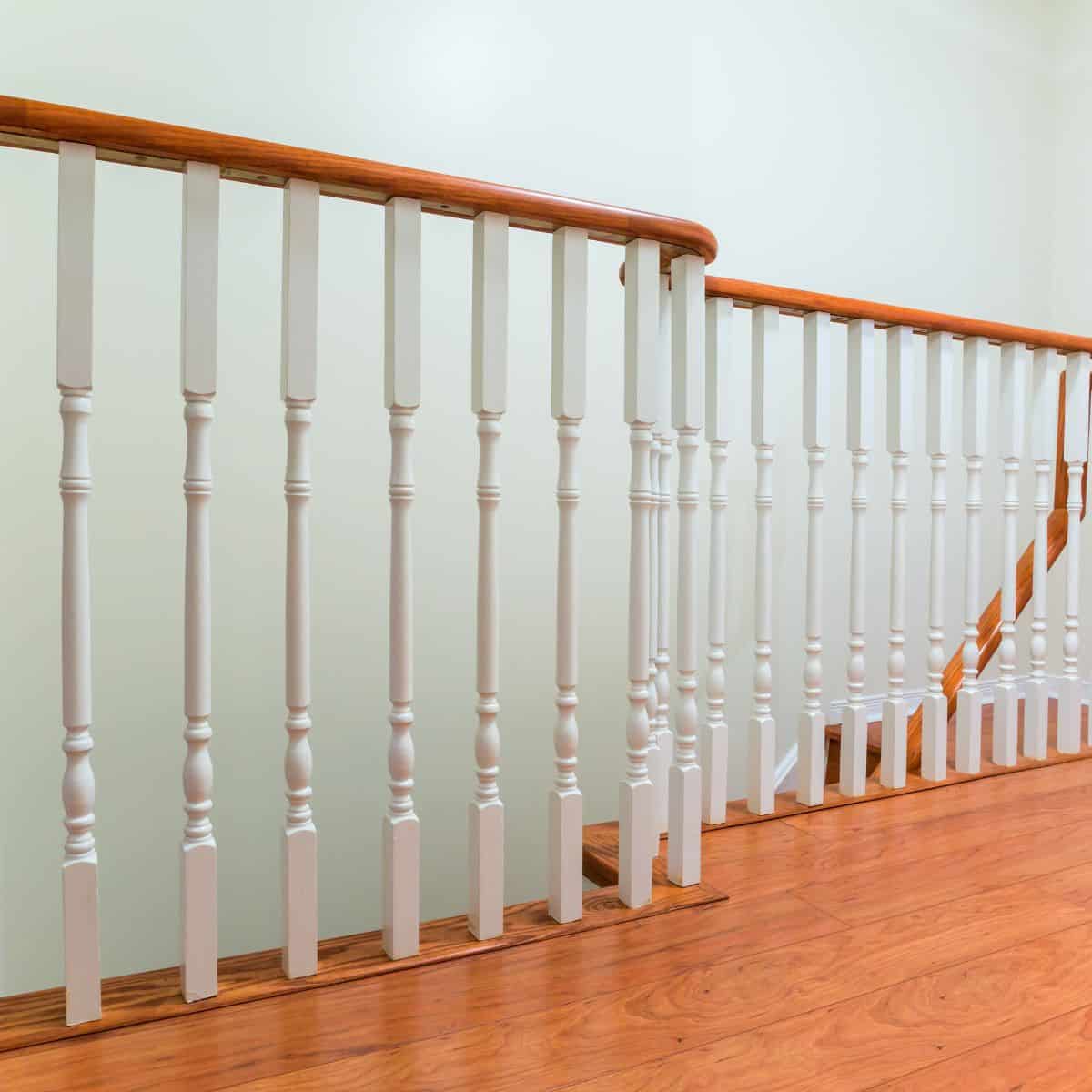How Airway-Focused Dentistry Can Transform Your Sleep and Well-Being
This is a collaborative post.
When most people think about going to the dentist, they picture routine check-ups, cleanings, or the occasional cavity filling. But what if your dentist could help you sleep better and feel more energised?
That’s the promise of airway-focused dentistry, a growing field dedicated to improving your overall health by addressing how you breathe, especially during sleep.

The Connection Between Your Airway and Sleep
The airway is a critical part of the body’s breathing system, yet many people don’t give it much thought. Issues like snoring, mouth breathing, or sleep apnea often stem from airway blockages or misalignments. These problems can disrupt sleep, leaving people groggy, irritable, and unable to focus during the day.
Airway-focused dentistry takes a unique approach to these problems. It examines how the structure of your teeth, jaw, and mouth affects your breathing. This isn’t just about comfort; it’s about restoring proper function to your airway so you can sleep better. Improved sleep can improve your overall quality of life.
Signs You Might Have Airway Issues
Many people don’t realise their dental health is connected to breathing. Here are some common signs that could indicate an airway issue:
- Persistent snoring
- Waking up feeling tired despite a whole night’s sleep
- Grinding your teeth at night
- Dry mouth or sore throat in the morning
- Difficulty concentrating or daytime sleepiness
- Chronic headaches, especially in the morning
If any of these sound familiar, it’s worth discussing them with healthcare professionals who specialise in sleep apnea and airway-focused treatments. They can help by finding the root cause of your troubles and recommend a plan to address it.
How Airway-Focused Dentistry Works
Airway-focused dentistry assesses the structures of your mouth, jaw, and throat to identify areas that contribute to restricted airflow. Advanced diagnostic tools, such as 3D imaging and sleep studies, provide a detailed picture of your airway health.
Here are some of the ways they can help:
1. Orthodontic Adjustments
Crowded teeth or a misaligned jaw can contribute to a smaller airway, making breathing harder. Treatments like braces or clear aligners can improve alignment and expand the oral cavity, creating more room for airflow.
2. Oral Appliances
For those with sleep apnea or snoring, custom-made oral appliances can be an effective way to address the issue. These devices gently reposition the jaw or tongue to keep your airway open while you sleep.
3. Myofunctional Therapy
This kind of therapy involves exercises designed to strengthen and make more flexible the muscles in your tongue and throat. These exercises can improve breathing and, over time, reduce airway blockages.
4. Surgical Options
In (some) more serious cases, surgical procedures may be necessary to address structural issues. These could involve expanding the palate, repositioning the jaw, or removing tissue that’s obstructing the airway.
The Impact on Sleep and Well-Being
Better airway health leads to better sleep, which has a cascading effect on your overall well-being. Here are just a few ways good dentistry can improve your life:
Increased Energy Levels
When you’re able to sleep soundly through the night, your body gets the rest it needs to recharge. This translates to more energy for your daily activities and a noticeable boost in productivity.
Enhanced Mental Clarity
Chronic sleep deprivation can lead to brain fog and difficulty concentrating. By addressing airway issues, you can improve your cognitive function and feel sharper throughout the day.
Reduced Risk of Chronic Conditions
Untreated sleep apnea has been linked to serious health problems like high blood pressure, heart disease, and diabetes. Improving your airway health can lower these risks and support long-term wellness.
Better Mood and Emotional Health
Sleep and mental health are closely connected. Restoring your ability to sleep well can help you with various symptoms of anxiety and depression, making it easier to handle life’s challenges.
Finding the Right Dentist for Your Needs
If you suspect airway issues are affecting your sleep and well-being, the first step is to consult a professional. Look for a dentist who has experience in airway-focused dentistry treatments and can guide you through the available options.
Make sure to ask about their approach to diagnosing and treating airway problems. Do they use modern tools like 3D imaging? Are they familiar with custom oral appliances? A dentist with specialised training will create a personalised dentistry treatment that addresses your needs.
A Holistic Approach to Health
Airway-focused dentistry isn’t just about improving your sleep; it’s about enhancing your overall health. By addressing the root causes of poor breathing, this approach can have a ripple effect on other aspects of your life, from reducing chronic fatigue to lowering your risk of serious illnesses.
Whether it’s through orthodontic adjustments, oral dentistry appliances, or therapy, taking steps to improve your airway health can lead to transformative changes. And while it might not be the first thing you think about when considering dental care, it’s an investment in your well-being that’s worth exploring.
If you’ve been struggling with poor sleep or suspect that an airway issue might be to blame, don’t wait to seek help. Consult a dentist who specialises in airway-focused dentistry treatments to learn more about how they can help you breathe easier and live better. Your journey to better sleep and health could be just a phone call away.
With the right care and attention, you can transform your nights and energise your days, all starting with a focus on your airway health.






